US confirms supplying Ukraine with previously-undisclosed missiles
The US military has confirmed the delivery of American anti-radar missiles to Ukraine in a bid to facilitate the targeting of Russian radar systems by Ukrainian warplanes.
The US Defense Department's Undersecretary for Policy Colin Kahl declared at a press briefing on Monday that Pentagon had shipped "a number" of the missiles to Ukraine without elaborating on how many and when they had been sent, CNN reported Tuesday, adding that Kahl did not explicitly state what type of anti-radiation missile had been shipped.
Citing a military official, however, the US-based news broadcaster identified the type of the missile sent as "the AGM-88 High-Speed Anti-Radiation Missile (HARM)," marking the first time the Pentagon has acknowledged sending the previously undisclosed missile to Ukraine.
The senior Pentagon official disclosed that the US had also helped Kiev with the delivery of spare parts for Russian Mig-29 warplanes to keep Ukraine's Soviet-era fighter jets flying. Kahl then mentioned the missiles, saying they "can have effects on Russian radars and other things."
The missiles, the report added, can be used to target Russian anti-aircraft radar systems — such as the S-400 — which have made it very difficult for the Ukrainian Air Force to operate over large swaths of the country's airspace. The missiles can also target Russian counter-battery radars, which are used to target Ukrainian artillery.
Kahl further pointed out that the missiles had been shipped over "in recent [Presidential Drawdown Authority] packages," but the five most recent packages, dating to July 1, make no mention of HARMs.
"In the near term, we've been doing lots of things to make Ukraine's existing Air Force stay in the air and be more capable," he said.
Ukrainian officials, however, have not publicly acknowledged receiving or using the HARMs.
In recent days, CNN noted, "open source reports have shown the remains of what appears to be the fin of a HARM missile that targeted a Russian position in Ukraine."
Made by major US weapons maker Raytheon, HARMs have a range in excess of 30 miles, according to the US Air Force, making them one of the longer-range missiles the US has provided to Ukraine.
Kahl unveiled the shipment of the missiles to Ukraine in a briefing about Washington's latest $1-billion weapons package for Kiev, the largest package of US weapons to date.
With the latest package, the US has committed to sending Ukraine a total of $9.1 billion in military assistance since the outset of Russia's "special military operation" in Ukraine in late February.
The package was focused on supplying ammunition for some of the key weapon systems the US has so far shipped to Ukraine. It includes the High-Mobility Artillery Rocket System (HIMARS), which the Ukrainian military has used to target what the US media describe as Russian command posts, ammunition depots, and more, as well as M777 howitzers, which have been a critical part of the battle in the Donbass region of eastern Ukraine.
The development came amid US press reports that Washington is planning to ship to Ukraine an additional $5.5 billion in military aid as it ramps up support for Kiev in its war with Russia.
Citing the US Agency for International Development (USAID), American media outlets reported on Monday that $4.5 billion had been allocated to budgetary support and $1 billion in military assistance to help Kiev come to grips with the financial problems resulting from its conflict with Russia.
The $4.5 -billion budgetary grant will provide Kiev with the financial resources needed to cover payments for pensions, social welfare, and healthcare costs.
The financial aid to Ukraine, coordinated with the US Treasury Department through the World Bank, will go to the Kiev government in tranches, beginning with a $3-billion disbursement in August, USAID said. It follows previous transfers of $1.7 billion in July and $1.3 billion in June, it added.
The Pentagon official also claimed during his press briefing on Monday that Russia had suffered approximately 70,000-80,000 casualties — including killed and wounded in action — so far in the conflict.
"That number might be a little lower, little higher, but I think that's kind of in the ballpark," Kahl added, further claiming that Russia had also lost between 3,000-4,000 armored vehicles.
Dec. 21: ‘Axis of Resistance’ operations against Israeli occupation
Spain jurists demand ties with Israel ties be cut
VIDEO | Press TV's news headlines
VIDEO | Iran honors top Science Olympiad medalists
VIDEO | Austrians arrested at Gaza protest in Vienna
10 killed in bus crash in western Iran
VIDEO | One-man-band journalism with Civili
5 Israeli forces killed as Palestinian fighters face up to regime’s war machine


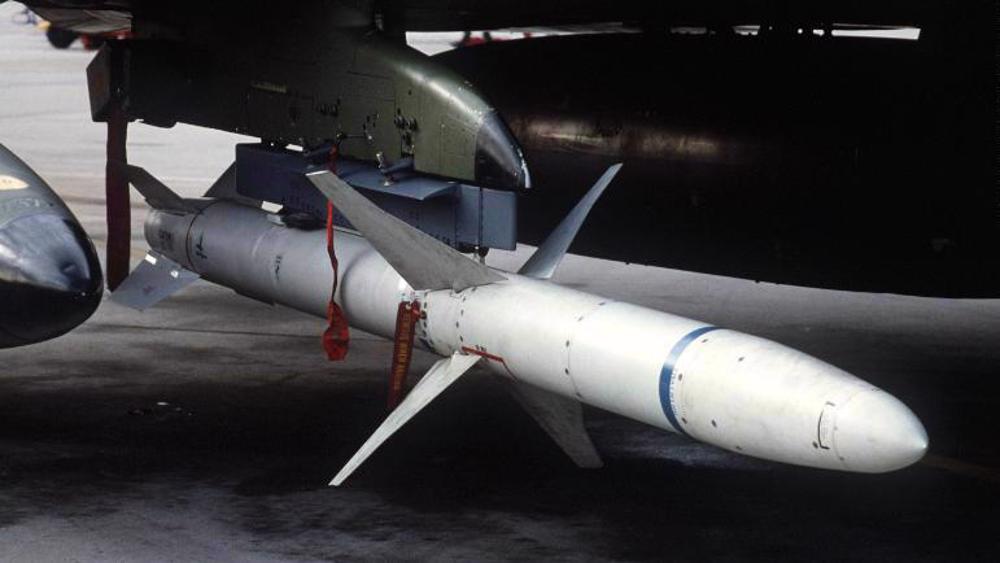
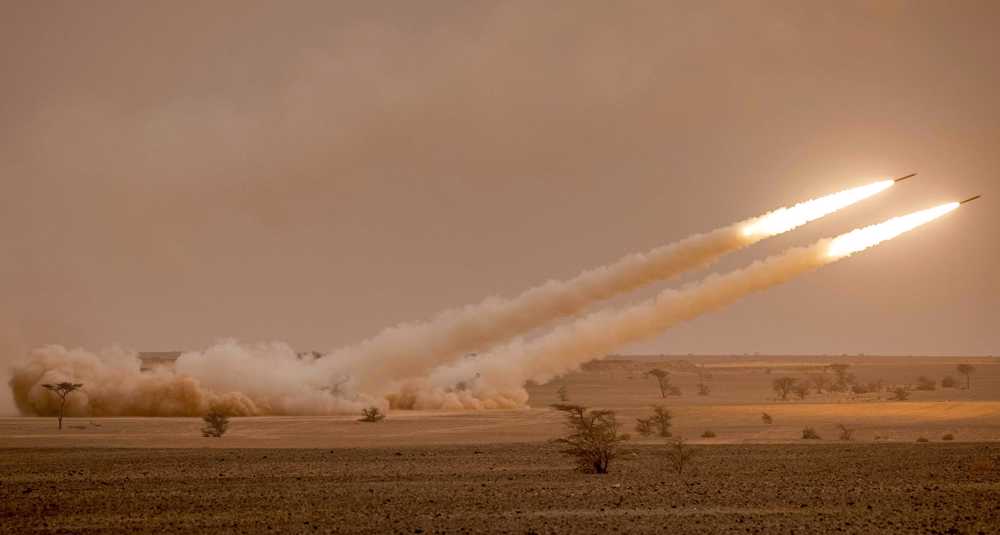

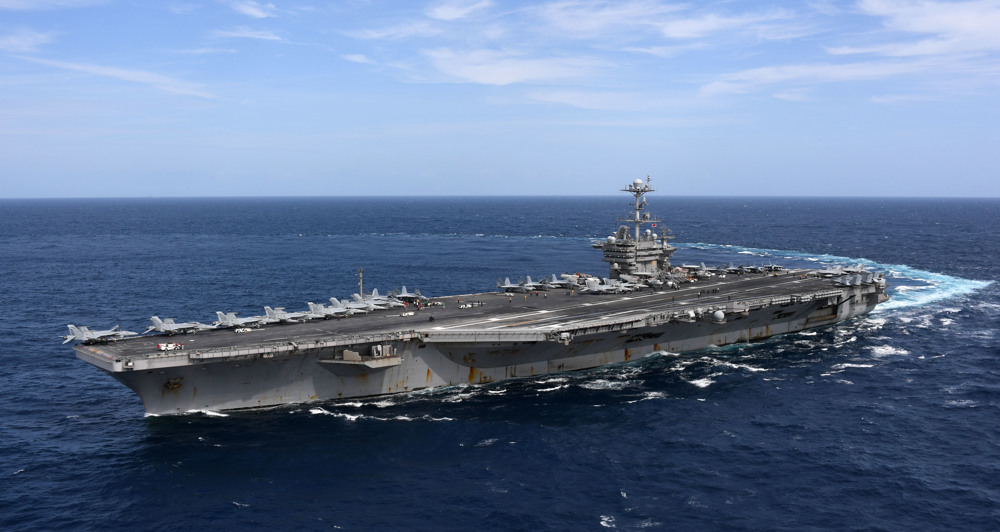
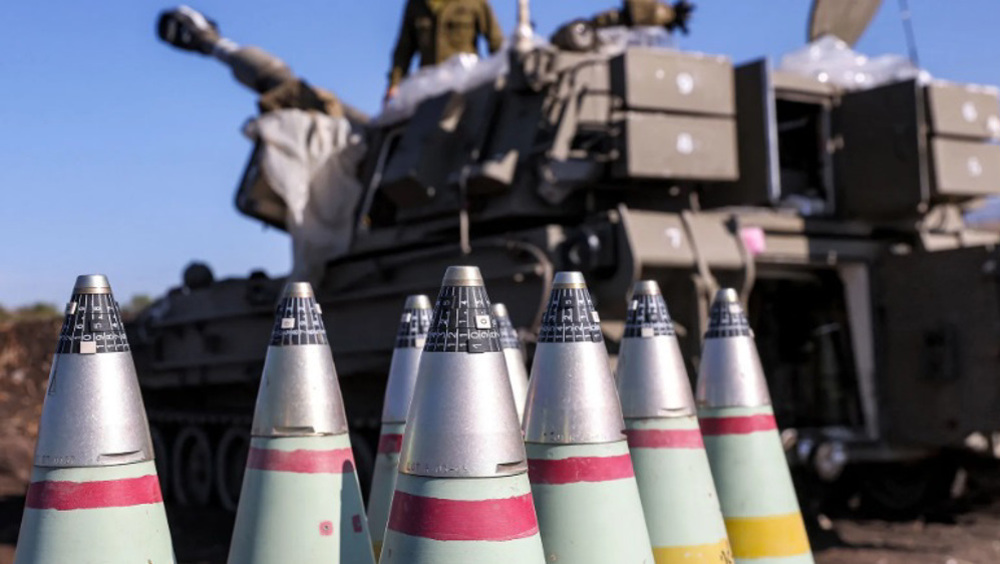



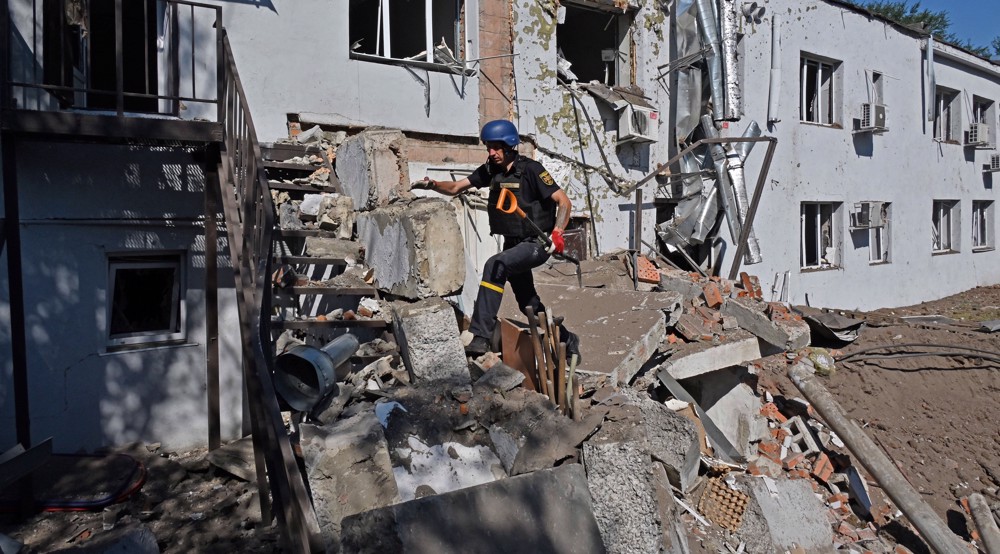
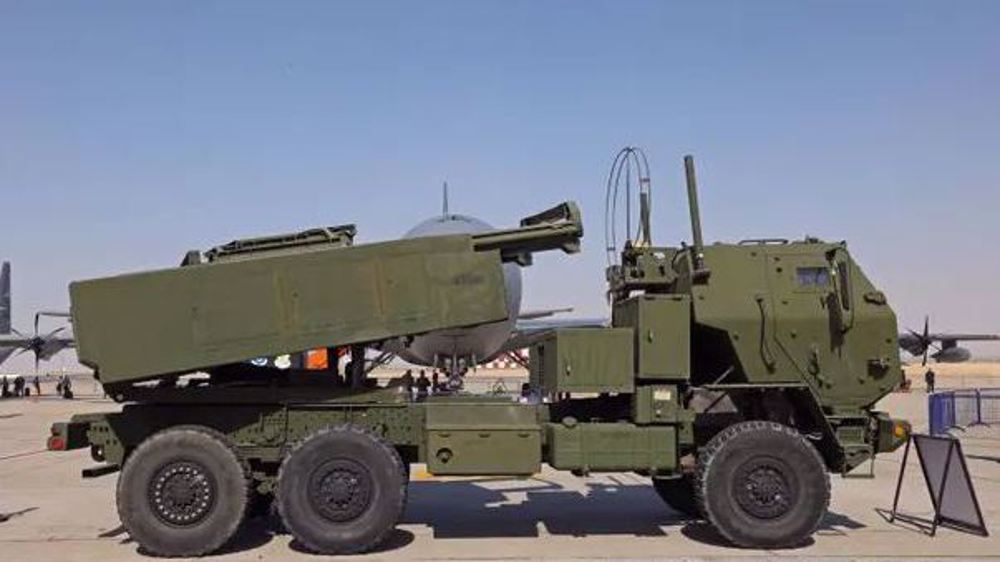
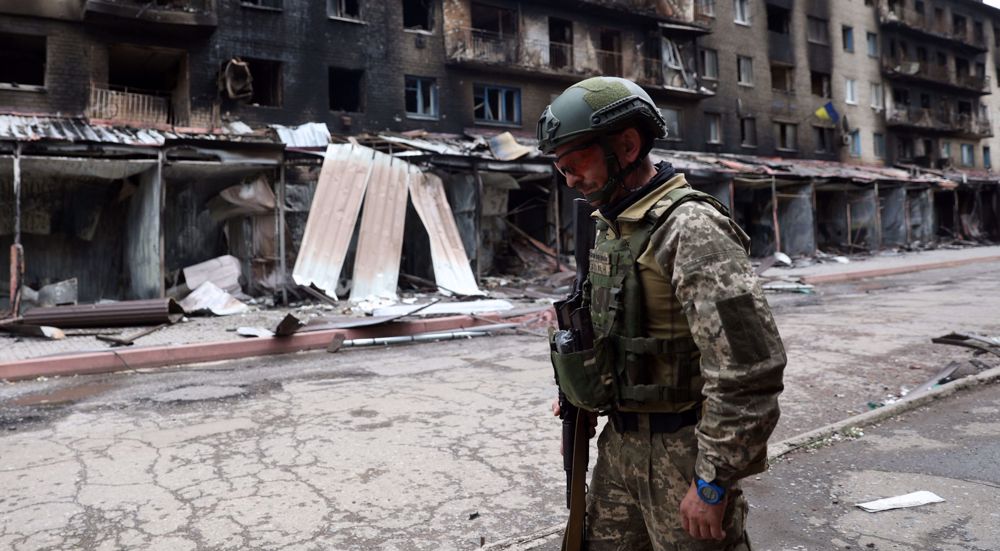

 This makes it easy to access the Press TV website
This makes it easy to access the Press TV website